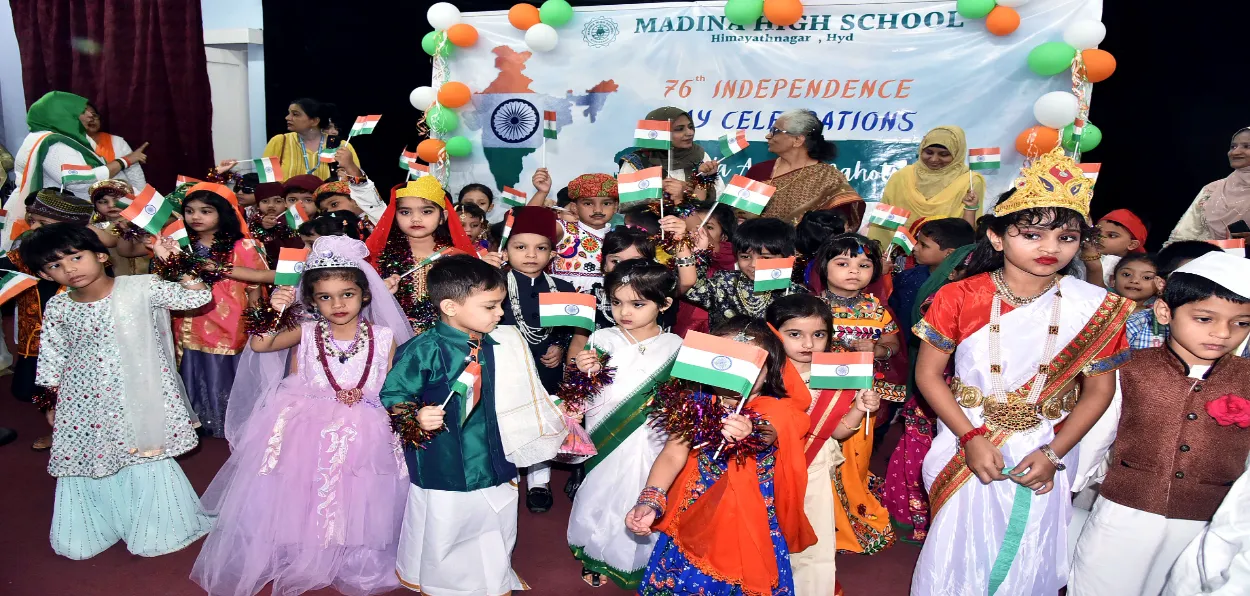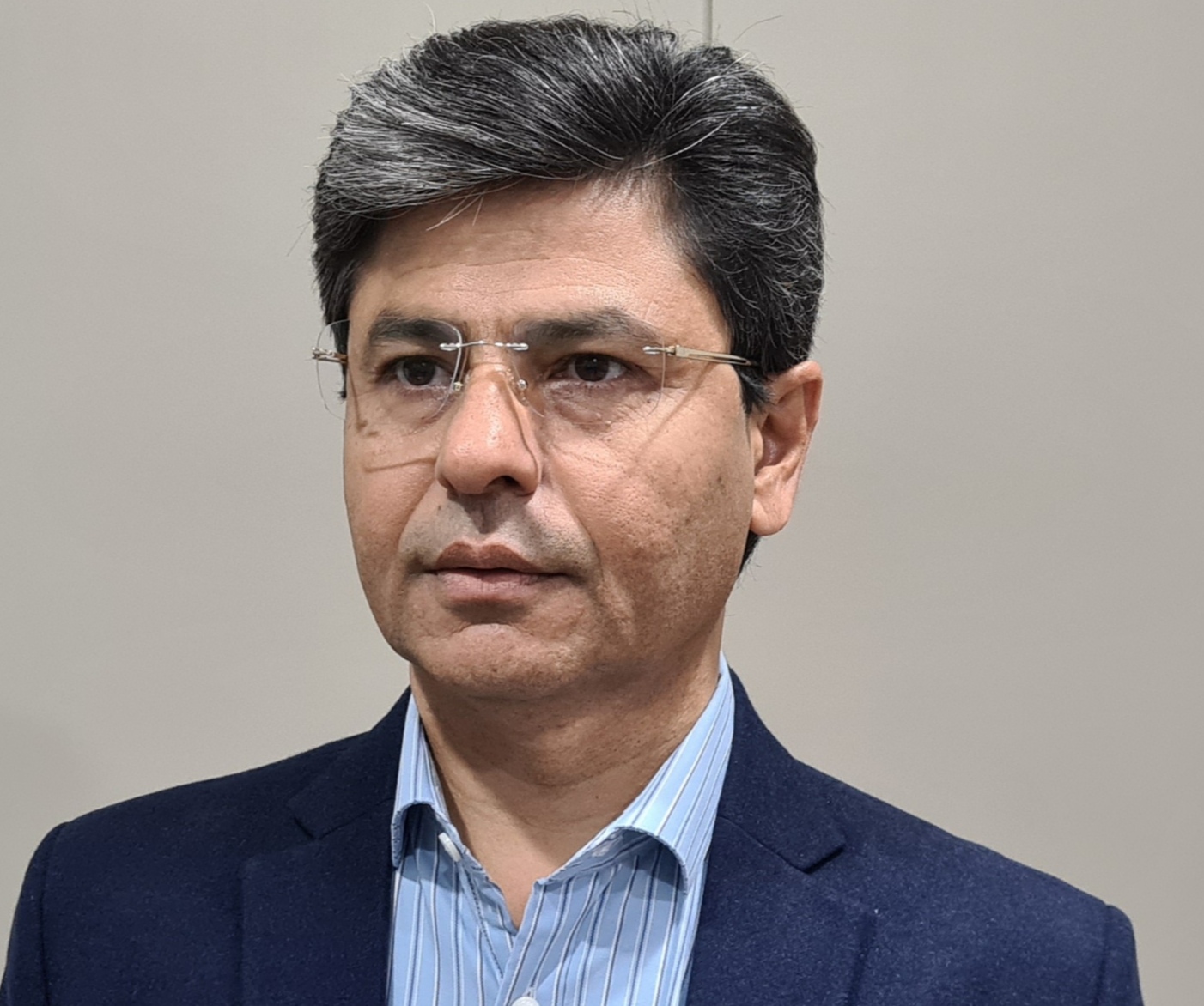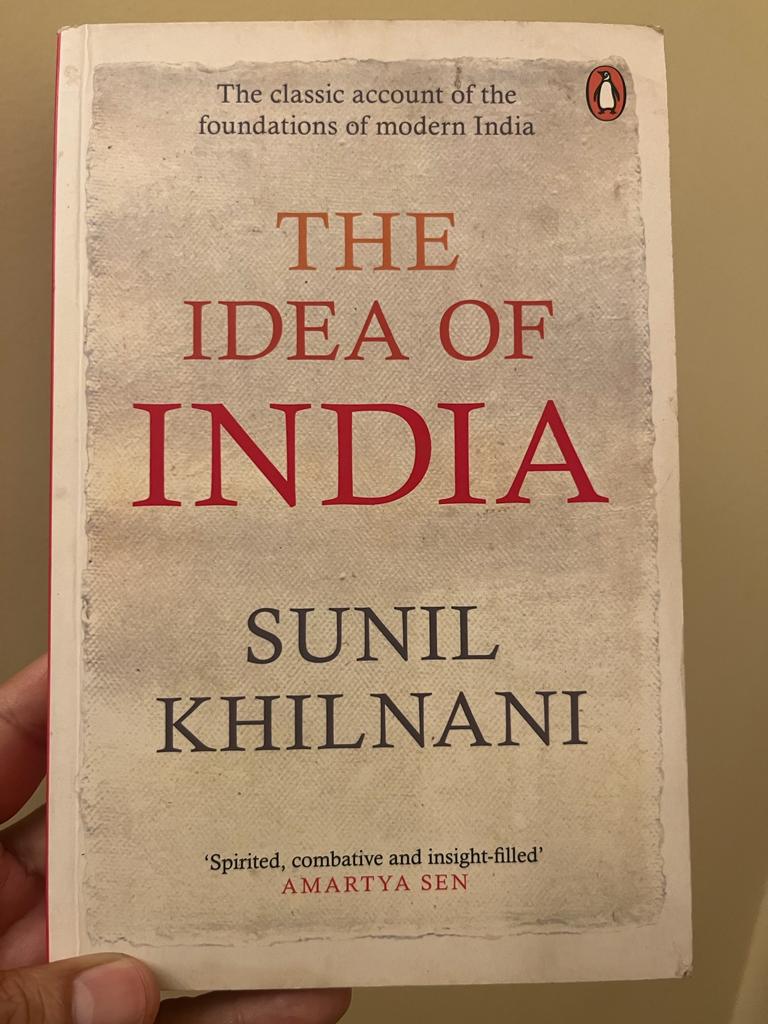
 Atir Khan
Atir Khan
Every change in political thought brings about fresh ideas. New thoughts make people aspirational. But to meet their expectations, new ideas must be implemented with clear thinking and not just emotions.
A New Idea of India, a recently released book is a rich contribution to the much-needed intellectual discourse for today. When the book is read in contrast with Sunil Khilnani’s all-time bestseller The Idea of India, it generates an interesting debate of the ideas that are relevant for us today.
Khilnani’s book explains the political situation in post-1947 India, the vision of the elite political leaders, who laid the foundations of our nation-state. His book reflects the inclusive vision of the learned leaders, for the nation immediately after it went through the trauma of the Partition. Against that backdrop, people’s emotions were quite different from what they are today.
A New Idea of India has been written by two young scholars Harsh Madhusudan and Rajeev Mantri. It captures the emotions and the present-day reality. It argues that the vision of the past is now redundant and if India were to move ahead with the times it needs to reimagine the idea of India.

The cover of the Book A New Idea of India
The implementation of the Idea of India and its follow-up by the subsequent dispensation could not bring about the desired results. Identity politics, the principal driver behind the partition of India, has worsened since Independence, the authors argue in their revised book.
Considerations of vote bank politics took precedence over the tactful handling of the aspirations of the Hindus and the insecurities of the Muslims in the post-Partition scenario. Decades of aimless Muslim appeasement policies and the neglect of Hindu aspirations have disappointed both communities. Instead of bringing them together the failed policies have only created a rift between the two.
It is true that in the post-Independence era, intellectuals had a say in forming public opinion but in these times, we live in the breed of intellectuals whose work resonates with the public is almost extinct. Today social media forms an opinion and every citizen has a say in it.
In such a situation of confusion and chaos when both Hindus and non-Hindus feel disillusioned, their growing conflicts should not come as a surprise. While Hindus are unhappy with the partisan attitude of the past dispensations, which failed to meet their expectations, Muslims are not happy either.
The irrelevance of Muslims in the present political scenario and the delay in the much-needed social reforms in the community have worsened the situation. Due to the situation, there is a tremendous rise in self-centric views in both camps, which needs to be addressed urgently.
 The cover of Sunil Khailnani's book
The cover of Sunil Khailnani's book
While Hindus are asserting themselves and demanding long pending parity in every sphere including civil laws and rights such as people’s participation in the management of temple trusts, Muslims are struggling to find their place in the new scenario.
The new reality has brought about awareness among the Muslim community as it is coming to terms with worldwide changes. The reforms in Muslim society have become a necessity. Muslims have realized very well that they must move on with the changing times. But they have always preferred to change at their own pace and will.
Business magnate and founder of Infosys N.R. Narayana Murthy too has argued in the past that reform in the Muslim community should come from within. Let the onus be on them. The problem is that Indian Muslims are not a homogenous entity, without any support they cannot move on. Any large-scale social reforms in the community cannot happen without Government’s support.
However, there is a tendency to blame political parties for not offering clear alternatives to the failed ideas of the past. Today Indian political parties are under tremendous electoral pressure. And it is not their job to originate new ideas and educate the people about them. The will and proposals for reforms must come from within the community so that they do not regret or complain later about the Government’s intervention.
Hamid Dalwai, a Marathi journalist, and reformist in the Pre-Independence era had described the Muslims' aversion to reforms as ‘obscurantist medievalism.’
Harsh and Rajeev in their book have stated that Indians are resisting the divisive messages issued by the political class and are forging a deeper, common identity, especially in big cities, where customs are cross-pollinating more than ever before, making a unique and constantly evolving culture. You find Sufi music performers invited to Hindu weddings and sangeet to Muslim weddings.
The new standard should be that anyone who claims that reform is only a ‘Muslim problem’ is communal, for it is a problem for all Indians if a large section of India’s society is suffering due to orthodoxy.
ALSO READ: When will history give its due to Indian women freedom fighters?
To assuage both Hindus and Muslims the State will have to address their concerns sensitively. While it will have to address the complaints of the majority community of not getting a sense of parity, it will have to bring about reforms in Muslim society by taking them along.
The anomalies of more than half a century cannot be rectified with a magic wand. The redressal of issues of both communities, which should have happened immediately after the Partition cannot be done in a few years. It will be a time taking process but the process must be initiated urgently to minimize the conflicts. If the issues are left unattended then we will have to expect the worse to come.
The governments will have to make a clear distinction between the Rashtra (Nation) and State (Rajya). As former Deputy Prime Minister L K Advani had stated, ‘India is a Hindu Rashtra, but can never become a theocratic state…a Hindu Rashtra and a secular state are virtually synonymous. Anyways in today’s world theocratic states rarely succeed. But the perceived feelings of inequality and insecurity need to be addressed.
India’s democracy is its biggest strength. Unless all Indian communities have unwavering trust in its institutions and respect the rule of law our dreams can never come true. The Government must ensure this happens at any cost.
While the governments do their job, the common endevour of every Indian citizen should be to bring about prosperity in the nation and not merely aim at the removal of poverty- the overarching aim should be to make India a superpower and help achieve the goal of a $5 trillion economy.
